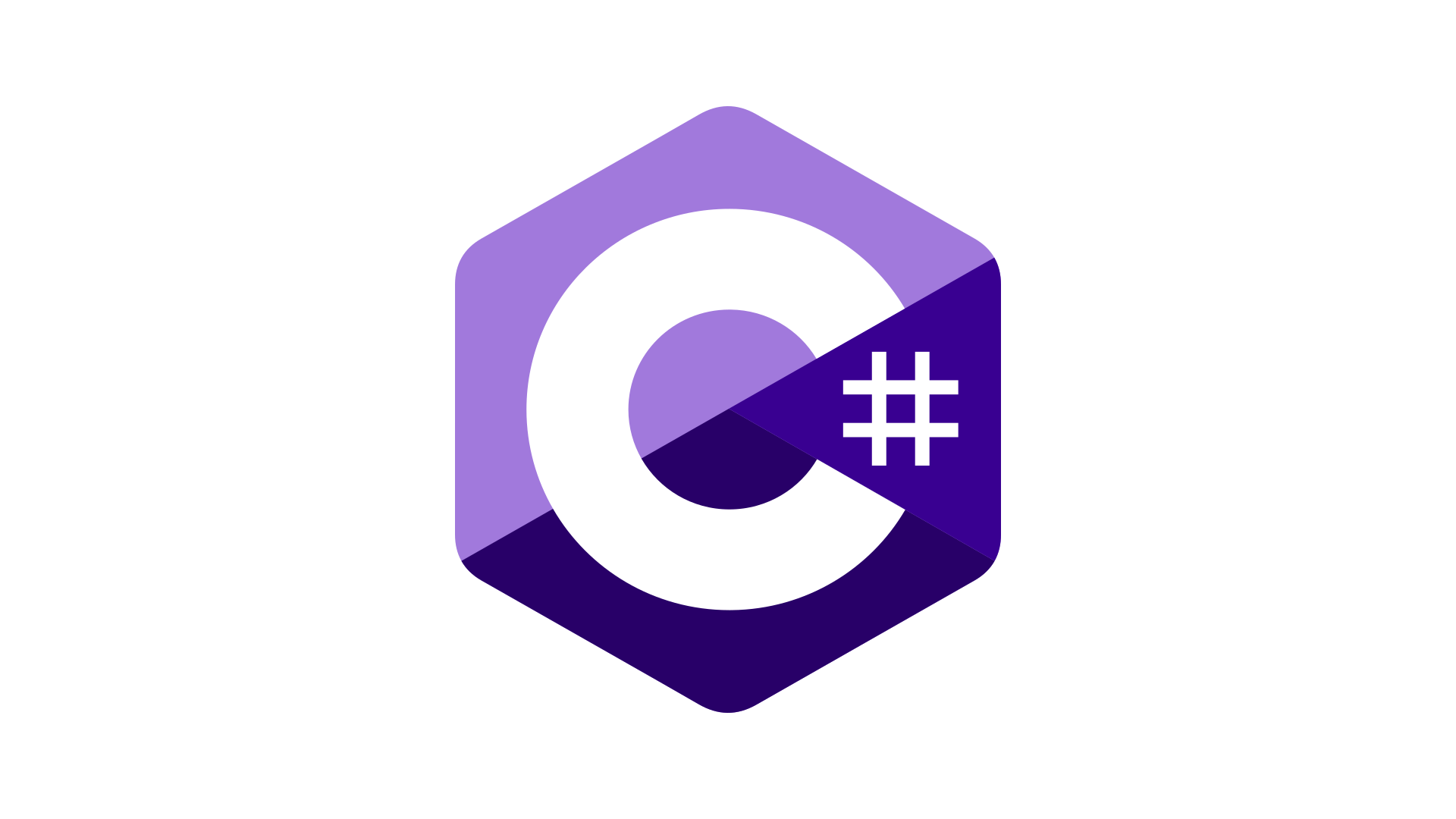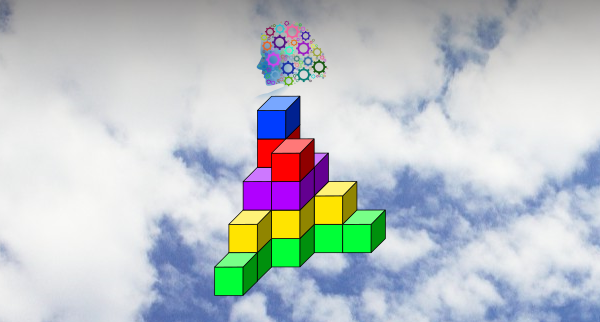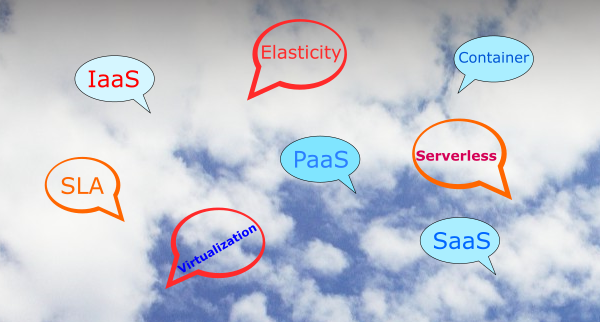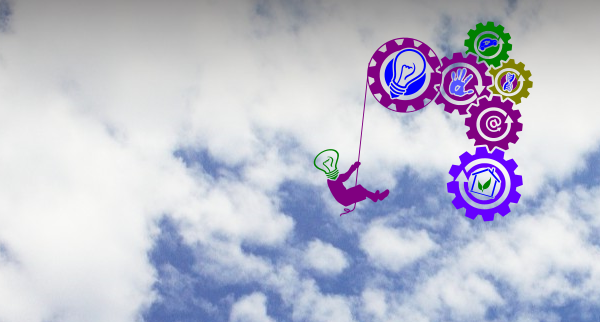Navigating the Cognitive Trade-off with AI Augmentation
A friend shared an intriguing study-based article with me this morning, titled “ChatGPT linked to declining academic performance and memory loss in new study,” which once again raises the alarm for us mortals. Should this revelation come as a surprise? Not really. Allow me to elaborate.
As a [natural] scientist, I am habitually inclined to dissect problems through the lens of First Principles, particularly the Law of Conservation of Energy, which permeates various domains. This law dictates that energy cannot be created or destroyed, only transformed from one form to another, thereby maintaining a constant total energy within a closed system over time.
In line with this principle, it follows that the total cognitive capacity should remain relatively constant. Any gains in one aspect, such as information retrieval from AI assistants such as ChatGPT, would likely be offset by losses in another, such as individual cognitive processing decline. But let me delve deeper.
The Law of Conservation of Energy is often synonymous with the “zero-sum” principle, prevalent in fields like accounting and economics, where gains in one area are counterbalanced by losses elsewhere. Essentially, both concepts underscore the finite nature of a resource (cognitive capacity for our discussion here), necessitating that any alterations occur within a fixed framework.
Thus, regarding the research findings, if I delegate my analytical prowess to an AI assistant, there will inevitably be repercussions. By relegating my cognitive processes to a passive mode, I prioritize prompting AI assistant like ChatGPT over engaging with the subject matter actively. While not claiming expertise in psychology, this deduction stems from logical analysis. If I rely on AI assistant’s intelligence, my own cognitive faculties are essentially rendered dormant, leading to an unsurprising decline in cognitive abilities when not aided by AI during tests thereby aligning with the finding of the study.
Reliance on AI, such as ChatGPT, for cognitive tasks may indeed yield benefits, but it also poses a trade-off. The cognitive resources typically allocated to active problem-solving, critical thinking, and memory retention may instead be diverted towards passively consuming information provided by the AI. Consequently, gains in information retrieval from ChatGPT are unsurprisingly counteracted by losses in individual cognitive processing.
To counterbalance this potential imbalance, individuals must consciously allocate time and effort to actively engage their cognitive abilities. This proactive approach can help mitigate the adverse effects of over-reliance on AI and uphold the integrity of one’s cognitive powers.
In essence, as the saying goes, there’s no free lunch; every gain comes at a cost. If we gain something, we lose something somewhere. This is not succumbing to pessimism; it is rather the natural order of things for our harmonious existence with nature.
















0 Comments